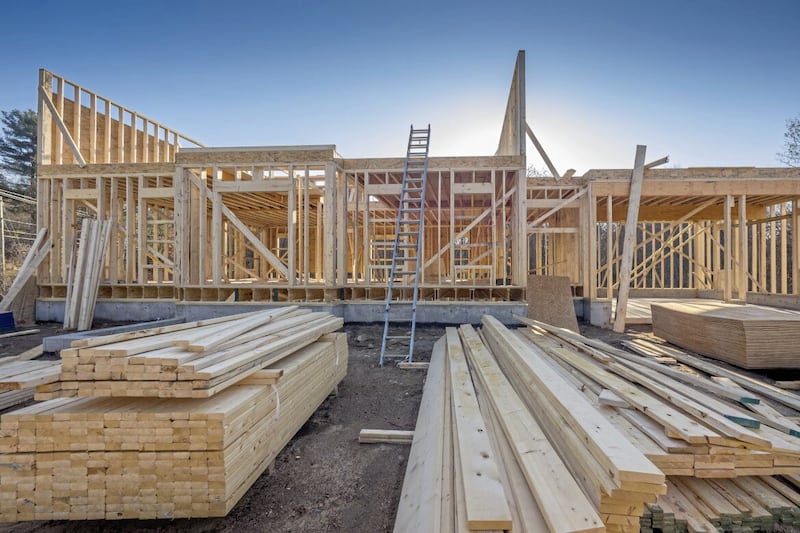IN recent years, the costs associated with building properties have experienced a significant upsurge, leading to potential gaps in insurance coverage for many business properties.
The rising prices of buildings, materials and labour have caused a disparity between the insured value and the actual worth of premises.
This discrepancy can have serious consequences in the event of a claim, as the payout may fall significantly short of the current-day value of the property.
Consequently, businesses may face financial losses and a strain on their profits when attempting to recover from property damage.
All businesses with property assets are strongly advised to consider investing in a reinstatement valuation when acquiring or renewing property insurance policies.
A reinstatement valuation, conducted by an independent RICS Regulated Market Valuation, offers a comprehensive assessment of a property's rebuild cost or reinstatement cost. This valuation considers various factors, including the cost of materials, labour, professional fees, and site preparation in the current day.
Considering all these elements, provides an accurate estimate of the coverage required to fully reconstruct the property. The significance of obtaining an accurate reinstatement valuation cannot be overstated, as it ensures businesses are adequately covered in the event of a claim.
To illustrate the importance of this valuation, let’s consider a property that would have cost £100,000 to reinstate 20 years ago. Due to inflation and the escalating costs of building materials and components, the current-day reinstatement costs associated with that property would be considerably higher.
Recent government data from May this year reveals substantial year-on-year price increases with many construction materials, insulating materials seeing a 28.4 per cent surge, and ready-mixed concrete prices escalating by 24.5 per cent, while screws experienced a 33.7 per cent rise.
In addition to the rising costs of materials, labour costs have also been a contributing factor to the growth in construction bills. The scarcity of skilled tradespeople and the prevailing cost-of-living crisis have resulted in an upward trajectory for labour expenses.
According to the Building Cost Information Service Construction Data (BCIS), labour costs were projected to rise by 6.3 per cent in 2023. These increases are predominantly driven by labour shortages. Other sources even suggest that the rise in labour costs could reach as high as 8.3 per cent this year alone.
The combination of soaring material costs and escalating labour expenses presents a considerable challenge for businesses seeking adequate insurance coverage.
While we strongly encourage businesses to invest in a reinstatement valuation, it is important to note that this step is not mandatory. However, failing to obtain this valuation can carry dire consequences in times of disaster.
The additional costs resulting from inadequate insurance coverage are burdens that few businesses can afford, especially given the already challenging climate they operate in.
By proactively addressing the issue of under-insurance through reinstatement valuations, businesses can safeguard their assets and minimise financial risks.
Understanding the true value of their properties allows them to secure appropriate coverage and be prepared for any unforeseen events. Investing in a reinstatement valuation also demonstrates a commitment to prudent risk management and responsible business practices.
In conclusion, the rising costs of buildings, materials, and labour have highlighted the importance of accurate reinstatement valuations for property insurance.
:: John O’Brien is commercial account manager at AbbeyAutoline (www.abbeyautoline.co.uk)





